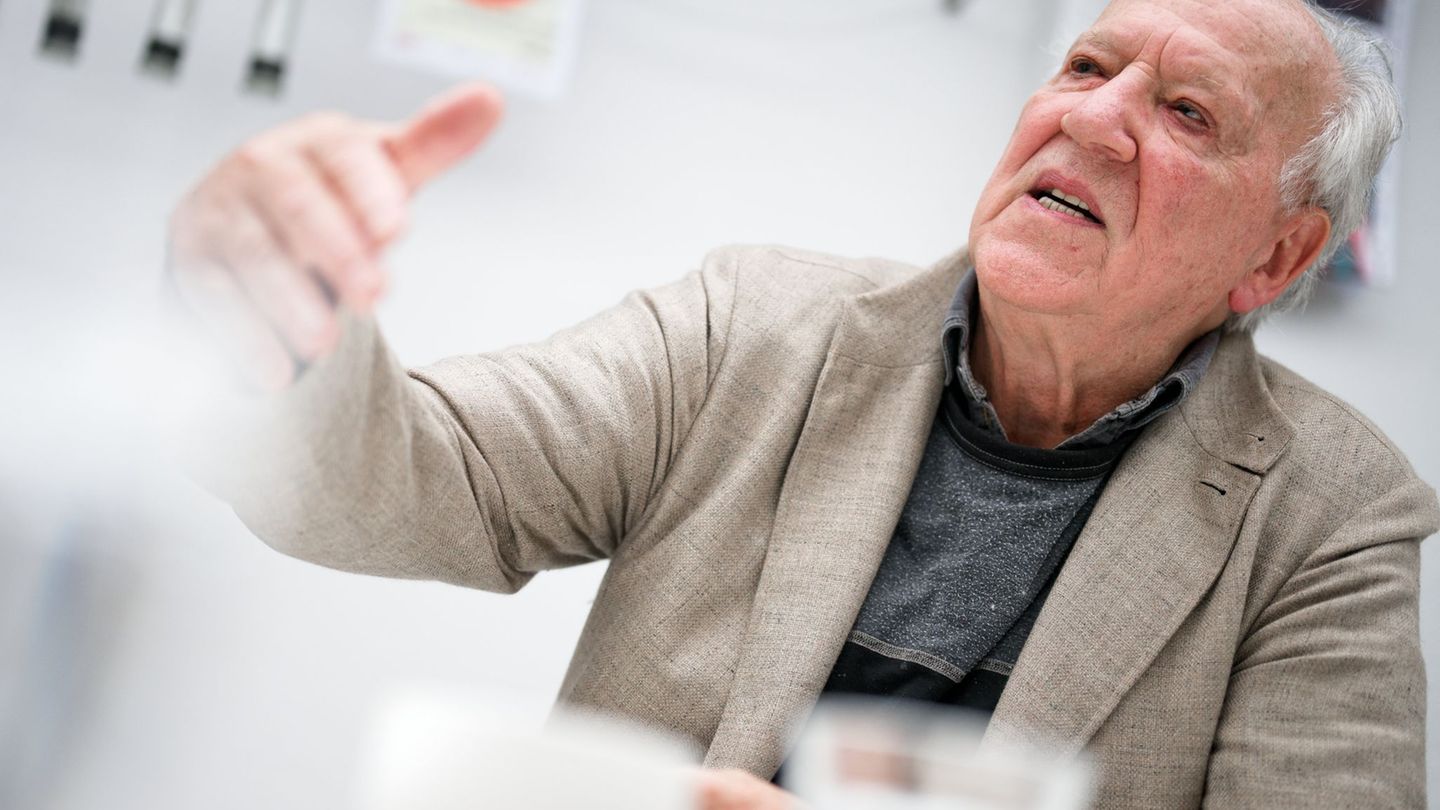The undersecretary of Industry, Energy and Mining (MIEM), Walter Verrihighlighted the attractions that Uruguay in front of foreign investors during an event with businessmen in Buenos Aires; and pointed out that “it has many potentialities but it is not better or worse than other countries, it is different.”
This morning the event took place “I invested in Uruguay”, organized by the accounting, tax and legal study Vuille Lafourcardeand with the presence of the mayor of paysandu, Nicholas Olivera; authorities of the Uruguayan embassy in Argentina; and the vice president of the Salto Grande Mixed Technical Commission, Raul Bobbinin addition to Verri.
The meeting took place at the Emperor Hotela few blocks from the center of the Buenos aires city. From the windows of the 21st floor you could see the port and the Río de la Plata. A gesture, perhaps casual, of the idea of the event: the closeness between both countries and the perception of Uruguay as a complementary country or “bridge” for coexistence of both nations, as indicated by the organizers.
For two hours, the exponents —among whom was also Mauritius Popegeneral manager of the logistics company Eastern Shorelocated in zonamerica— They exchanged ideas about the competitive advantages that Uruguay offers to foreign investors and, above all, to Argentines. Among them, the ease of doing business from the Investment Promotion Law and simplified and fast tax issues for companies that choose to settle in the country.
Invest in Uruguay
The benefits of the Uruguayan tax system
The Uruguayan tax system was one of the pillars of the talk, with two recent and important novelties: on the one hand, the entry of the country to the list of cooperating nations of the European Union (EU); and, on the other, the tax breaks announced by the government and approved today by Parliament.
In this sense, the accountant and partner of the study, Federico Vuille Lafourcade, explained the changes in the source criteria that came into effect on January 1 within the framework of the provisions agreed with the EU. In his words, it was an “updating of the regulations” and an alienation from international standards, but without major consequences in tax costs for foreign companies —as long as they only began to pay taxes on passive income of multinational companies without adequate support in Uruguay.
He also highlighted the change in the combined income tax of companies —capital and work—, which was part of the package of reductions in tax relief approved by Parliament; as well as the increase in deductions in the Personal Income Tax (IRPF)which “perfected” the tax, “generating a very significant drop and a strong increase in real wages.”
For his part, the accountant and partner Diego Vuille Lafourcade highlighted the fiscal benefits that Uruguay offers to investments in the country: firstly, those that are applied based on the category to which a company belongs, but also those transversal ones that depend solely on the amount of investment.
Along these lines, he mentioned the Commission for the Application of the Investment Law (Comap) and its role in the approval and promotion of investment projects, allowing access to a exoneration up to 69% in the Simplified Regime —which contemplates only job creation—, and up to 100% in the General Regime, with higher conditions.
He also highlighted the possibility of making use of the tax benefit from the mere presentation of the project, without the need to have to wait for the signing of the decree in a context of delays in the body, from the large number of initiatives presented.
12 hours Free trade zone installed in the country —together with the two in the process of being installed in east point and another two in process, of which one will be located in Rivera— were another of the topics presented for the attraction and promotion of investments in Uruguay.
Uruguay, a different country
In turn, Undersecretary Verri highlighted the “institutional strength of Uruguay, which makes it different from the countries of the region and which positions it as a gateway to the world”. “Here they are going to have a government, this one and the one that is coming —because I dare to speak for the government that is coming, without even knowing what color it will have—, that is going to open the doors for them,” he said in front of those present. from Argentina, Chili, Peru and Spain.
In this sense, he pointed out that Uruguay has become a business and investment hubwith a large number of projects presented to Comap and record exports during 2022 in terms of volume and currency, with an important role of cellulose pulp —which, according to his estimates, will become the country’s main exportable good— and services related to the information technology (IT).
“What things make us attractive? The reliability and certainty, the ease of doing business, and the talent and quality of life”, considered Verri, pointing specifically to the stability and transparency of the country, as well as sustainability and infrastructure -with special mention to the recent agreements with Brazil regarding this topic.
The undersecretary also highlighted the 17 years of uninterrupted growth that Uruguay has experienced and, particularly, last year, which reached 5 points when the world average was 2.6%; which has earned it the Investor Grade, the only country in the mercosur in getting it.
Source: Ambito




